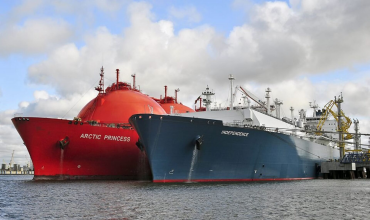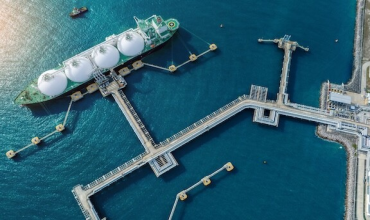Fundamental Concepts and Industry Framework
Our opening segment outlines the core principles governing derivative agreements across global liquefied natural gas sectors. The investigation focuses on specialized financial instruments acting as vital mechanisms for risk mitigation, enabling participants to control price variations and logistical challenges. The presented material covers essential contract classifications and their incorporation into the broader natural gas trading landscape, laying foundational knowledge pertaining to tactical execution in contemporary energy holdings.
Tactical Execution and Risk Evaluation
A thorough scrutiny of derivative employment underscores their value concerning portfolio improvement and contractual versatility. These materials assess specific parameters, encompassing exercise price points, delivery dates and agreement architectures, which produce defined tactical possibilities for business organizations. Considerable focus is directed toward quantitative appraisal techniques alongside their connection to primary energy cost benchmarks, thereby furnishing involved parties with methodical procedures for long-term decision-making.
Industry Forces and Regulatory Parameters
The operational effectiveness of these advanced tools necessitates comprehension inside evolving commercial frameworks and developing oversight regimes. Our inquiry addresses international political movements, environmental mandates, and novel commercial practices shaping sector liquidity alongside valuation processes. The discussion broadens to include compliance mandates alongside accounting protocols, illustrating the way jurisdictional differences mold pragmatic utilization throughout diverse commercial settings.
Progressive Implementations and Future Development
Pioneering sector advancements are broadening the tactical capacities of financial arrangements past traditional employment. This appraisal studies novel utilizations belonging to asset supervision, integrating sophisticated deal configurations and cross-commodity protection methods. The examination contains evolving models in digital trading platforms alongside their consequences for sector engagement, while exploring how worldwide carbon reduction demands could reconfigure their purpose inside forthcoming gas and LNG sector architectures.










